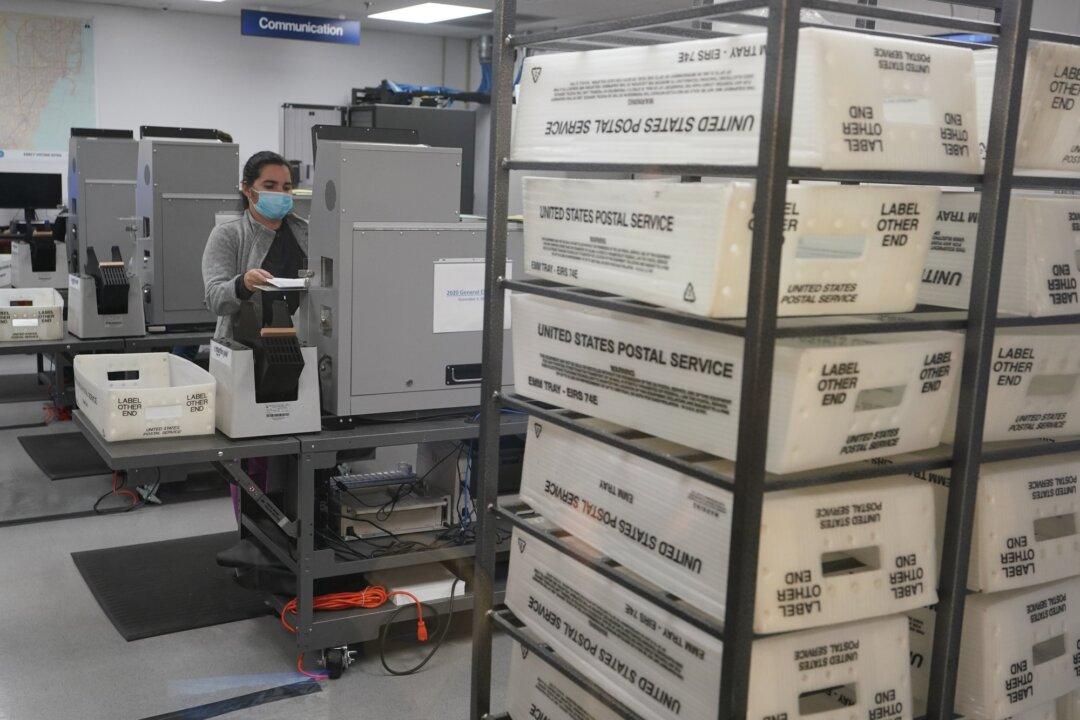Findings revealed in a recent report raise serious concerns regarding Florida’s level of election integrity.
According to the “Pre-Election Observation Report” released by Floridians for Election Transparency (FFET) and obtained exclusively by The Epoch Times (pdf), there are numerous flaws, inconsistencies, and violations of Florida election laws that raise serious concerns about the election system.





